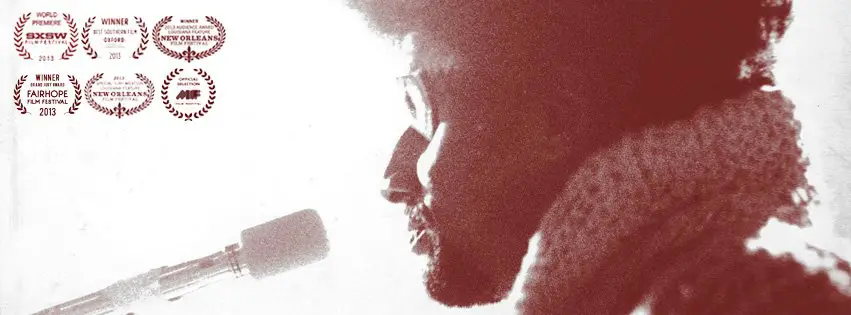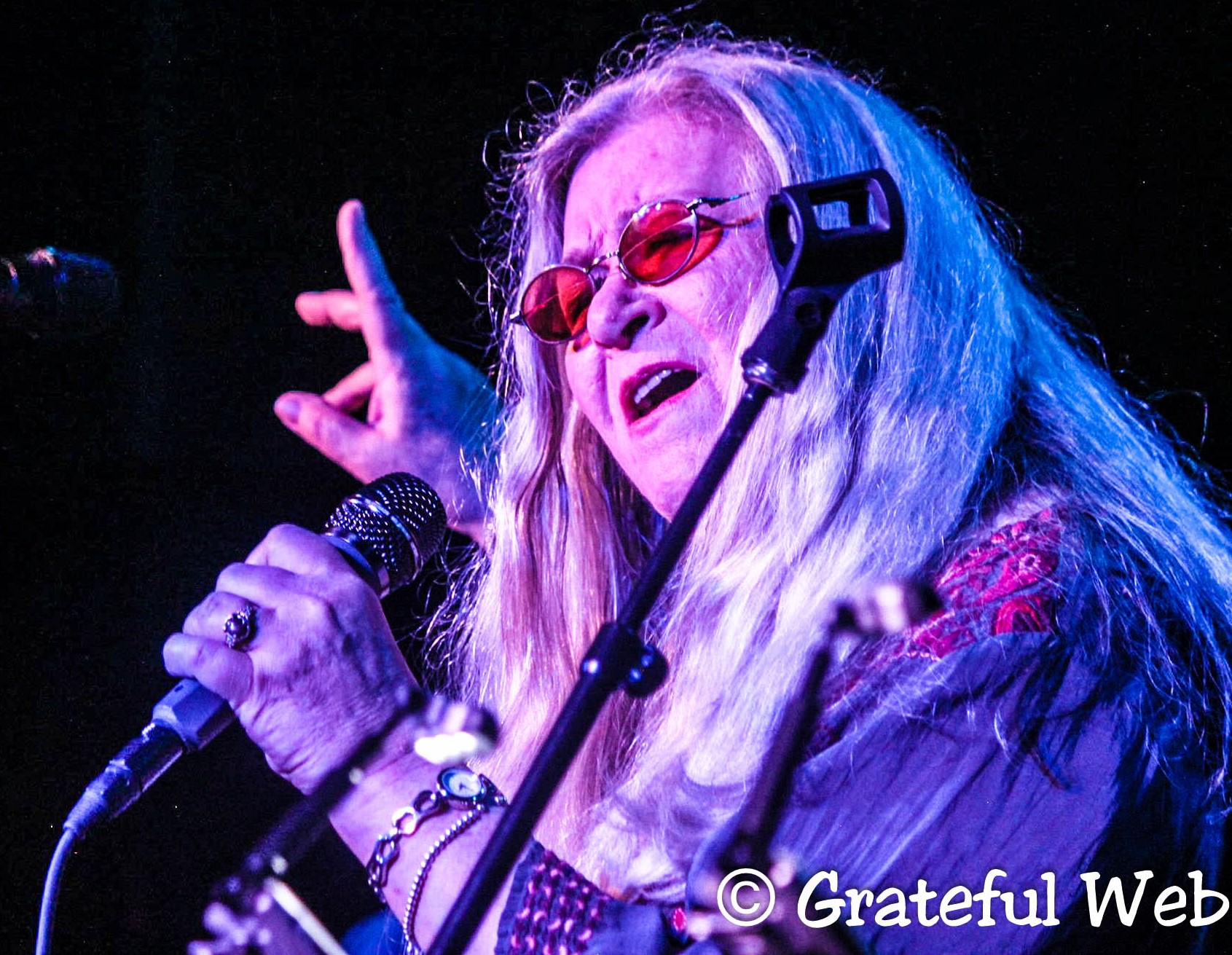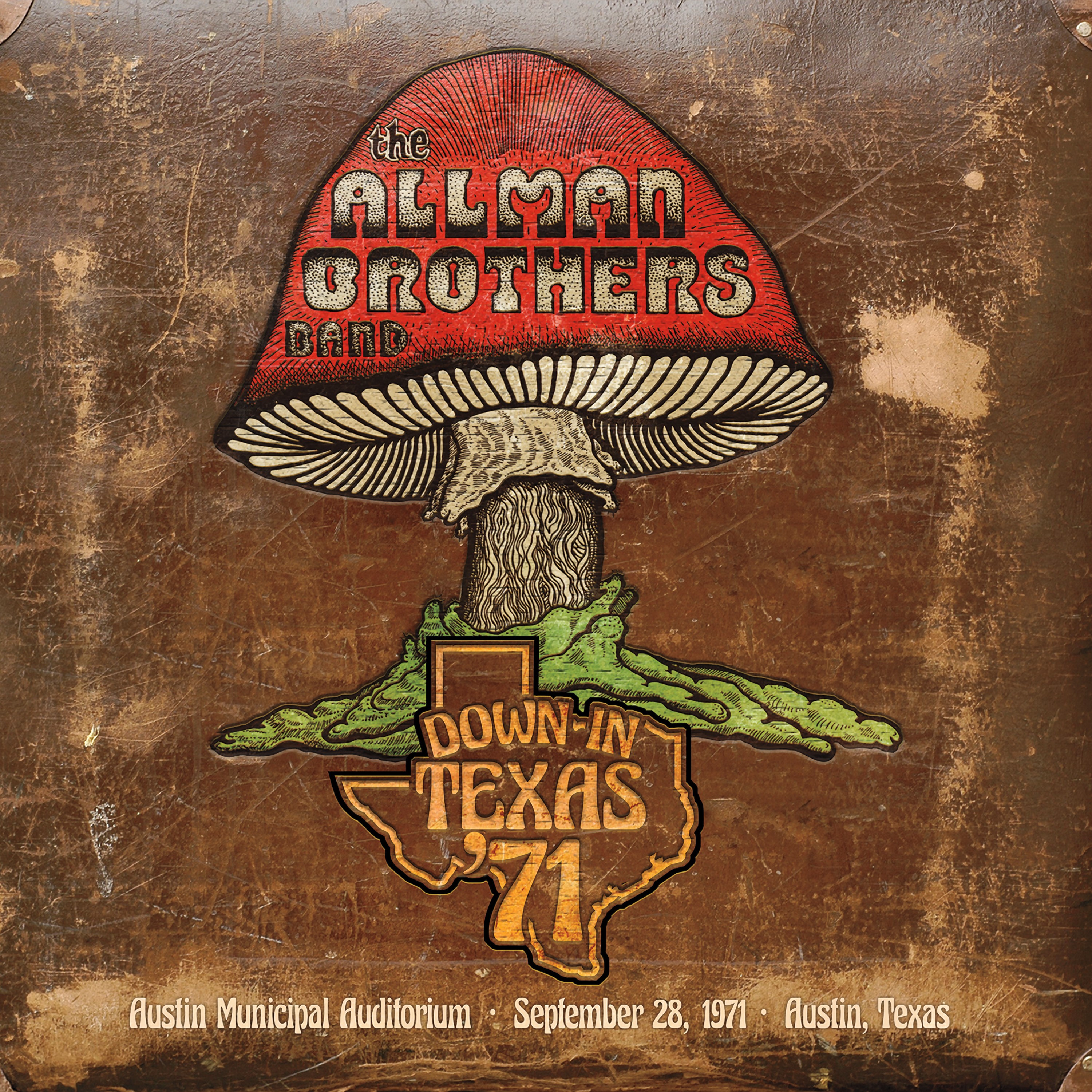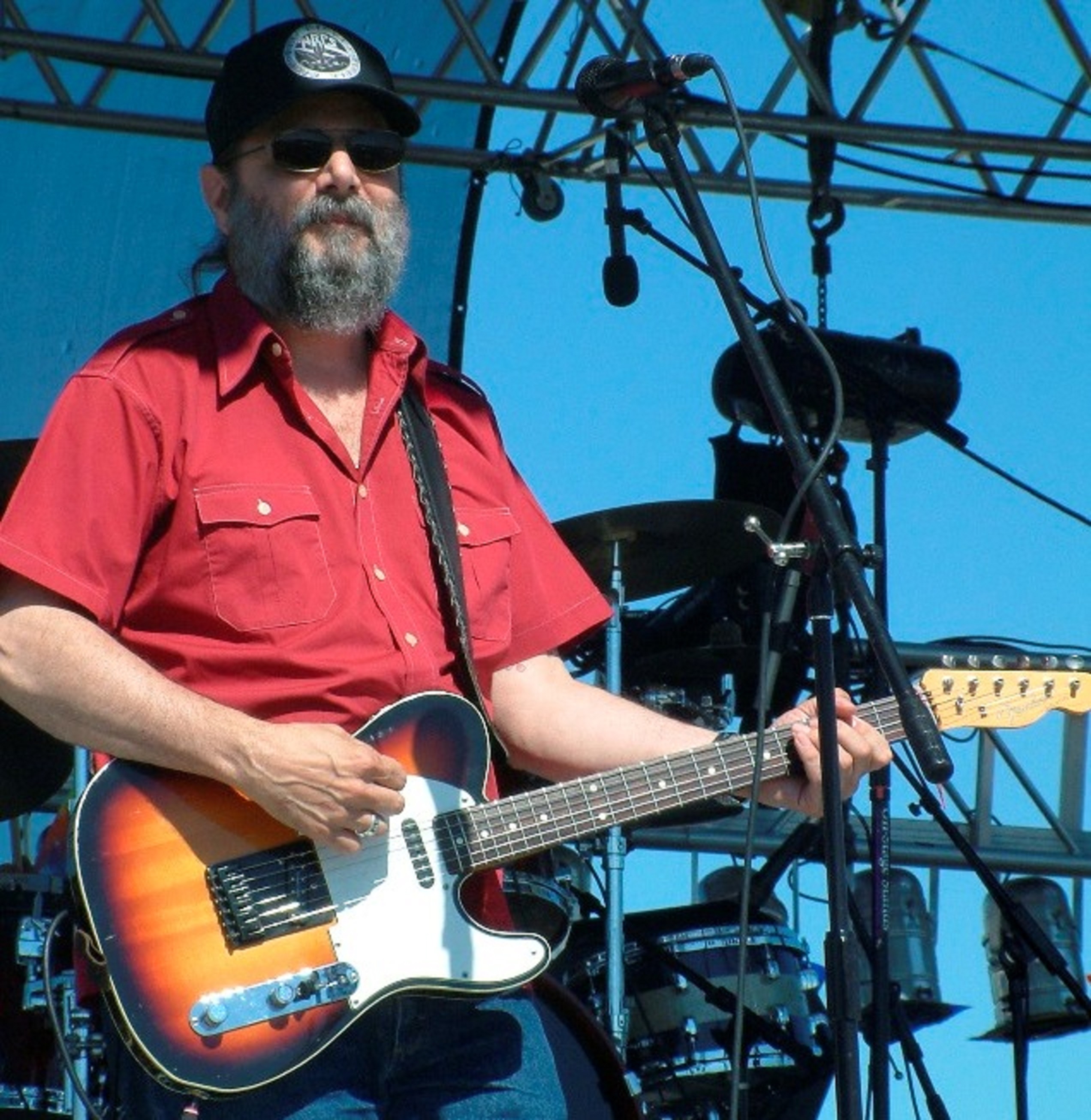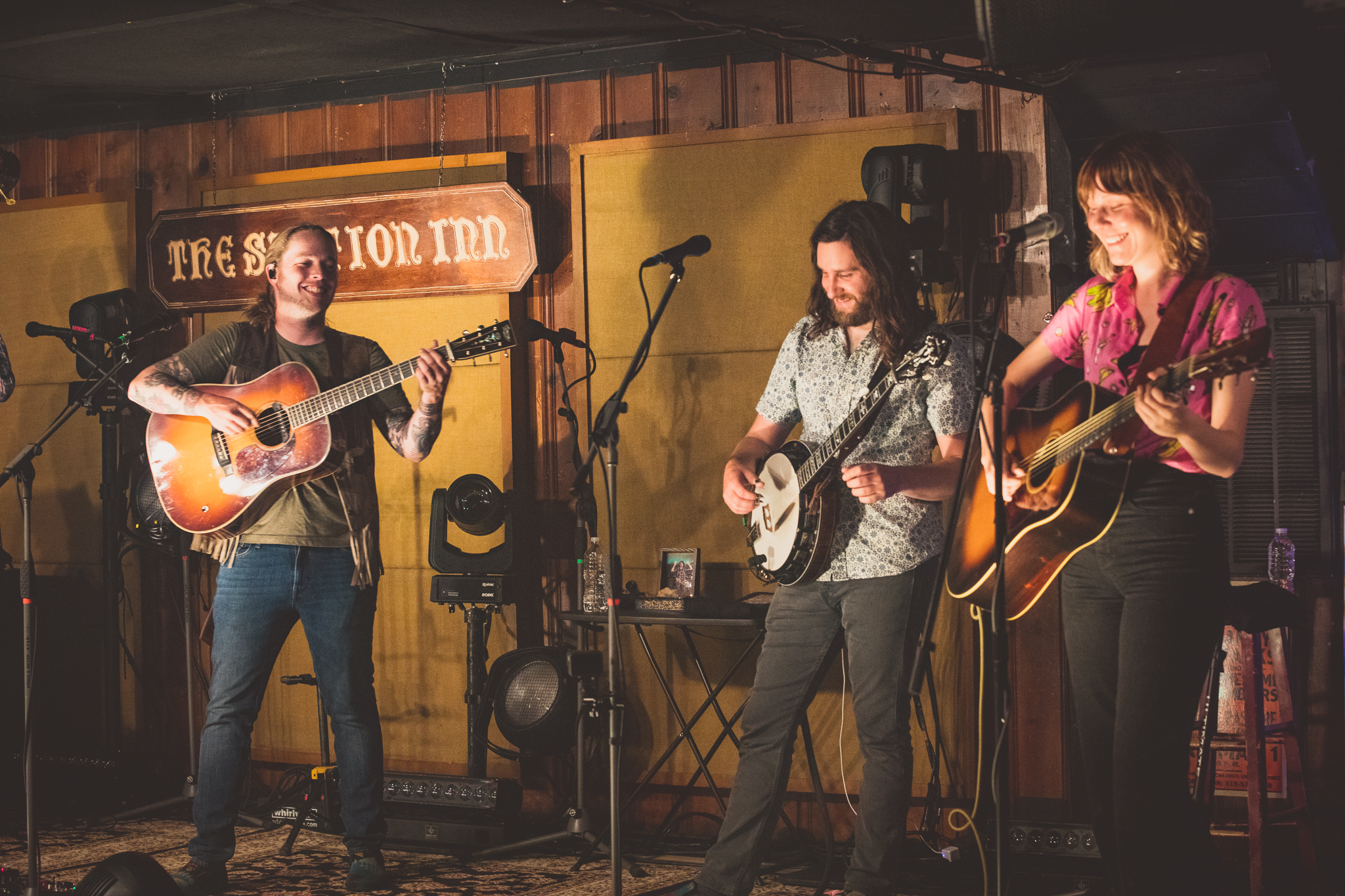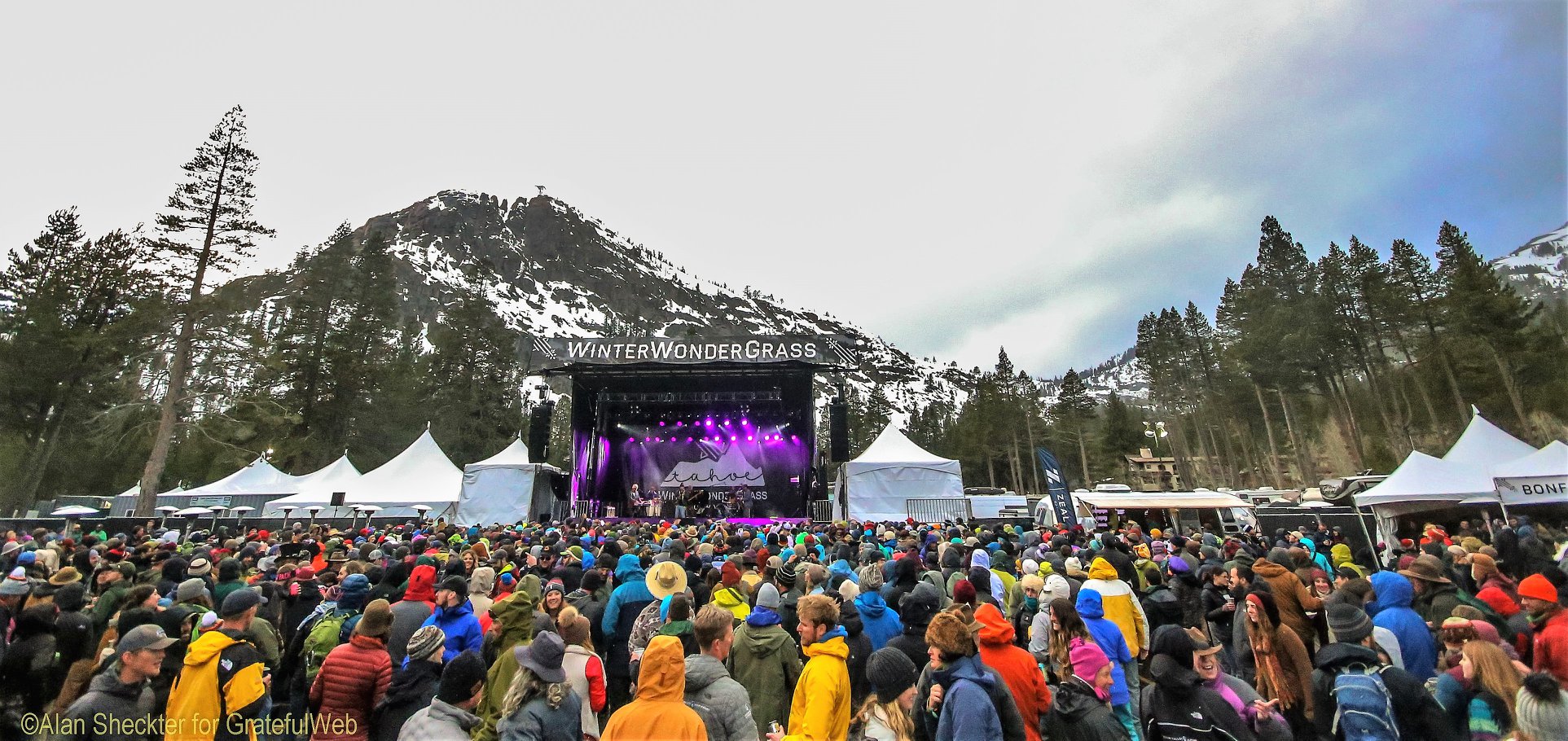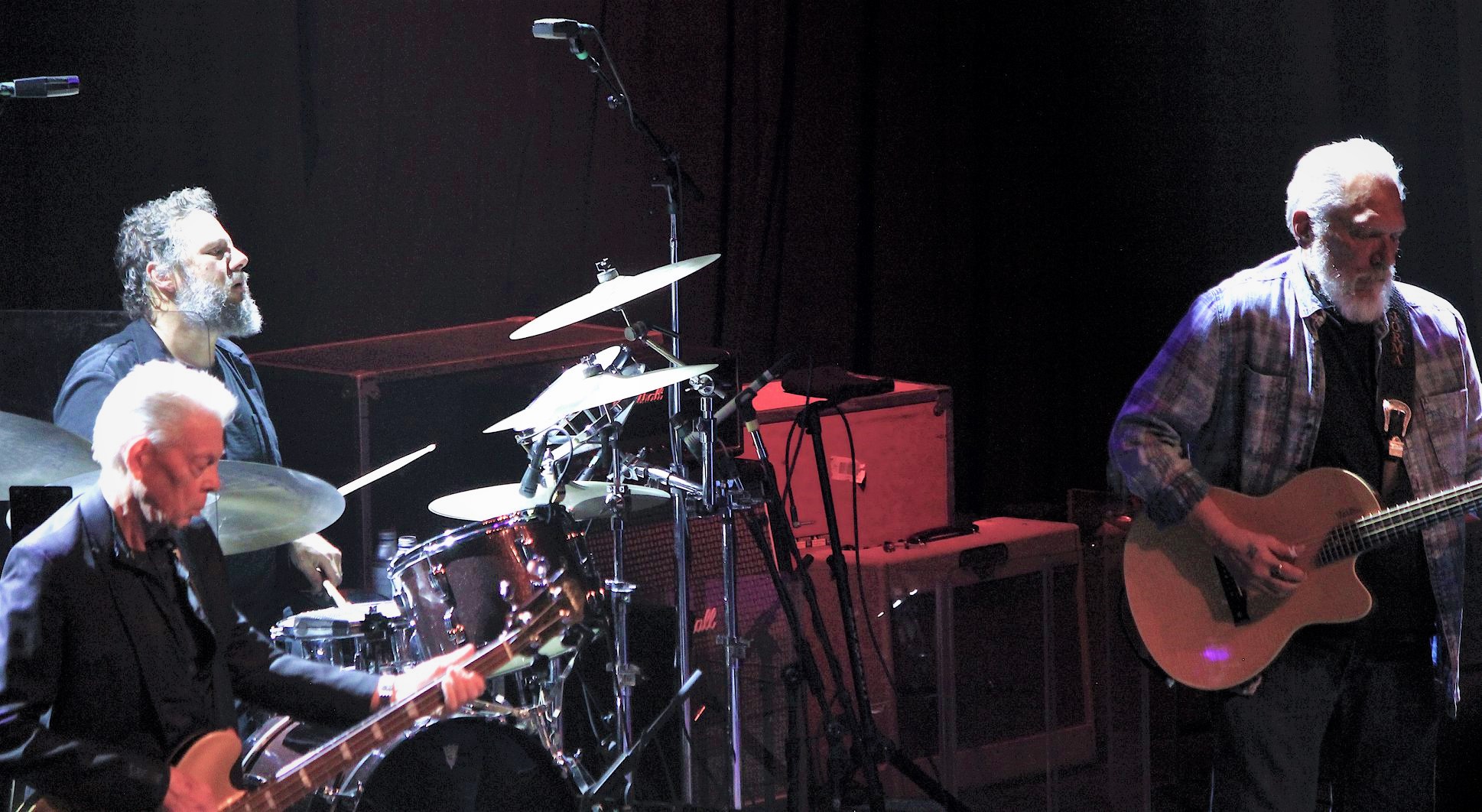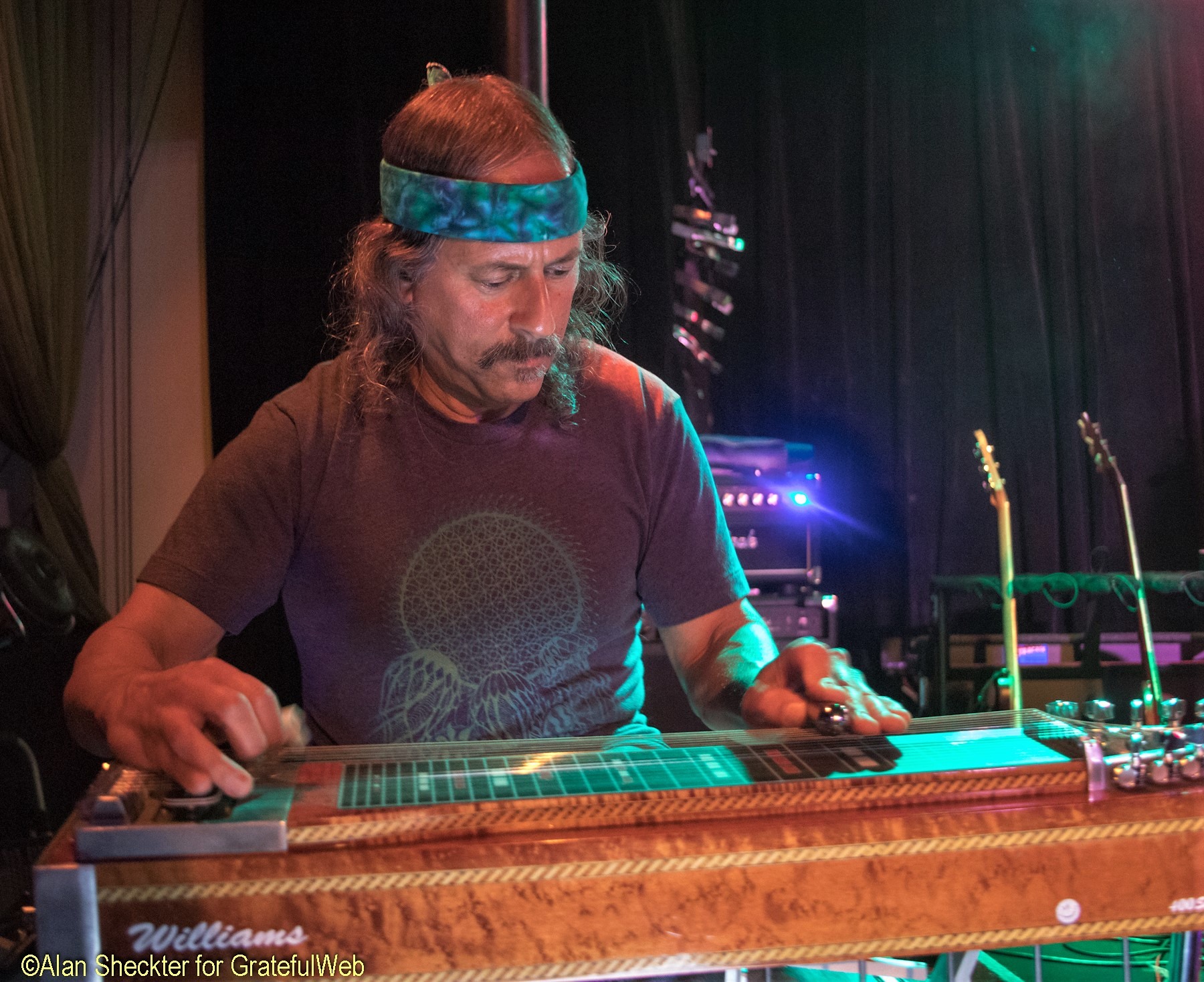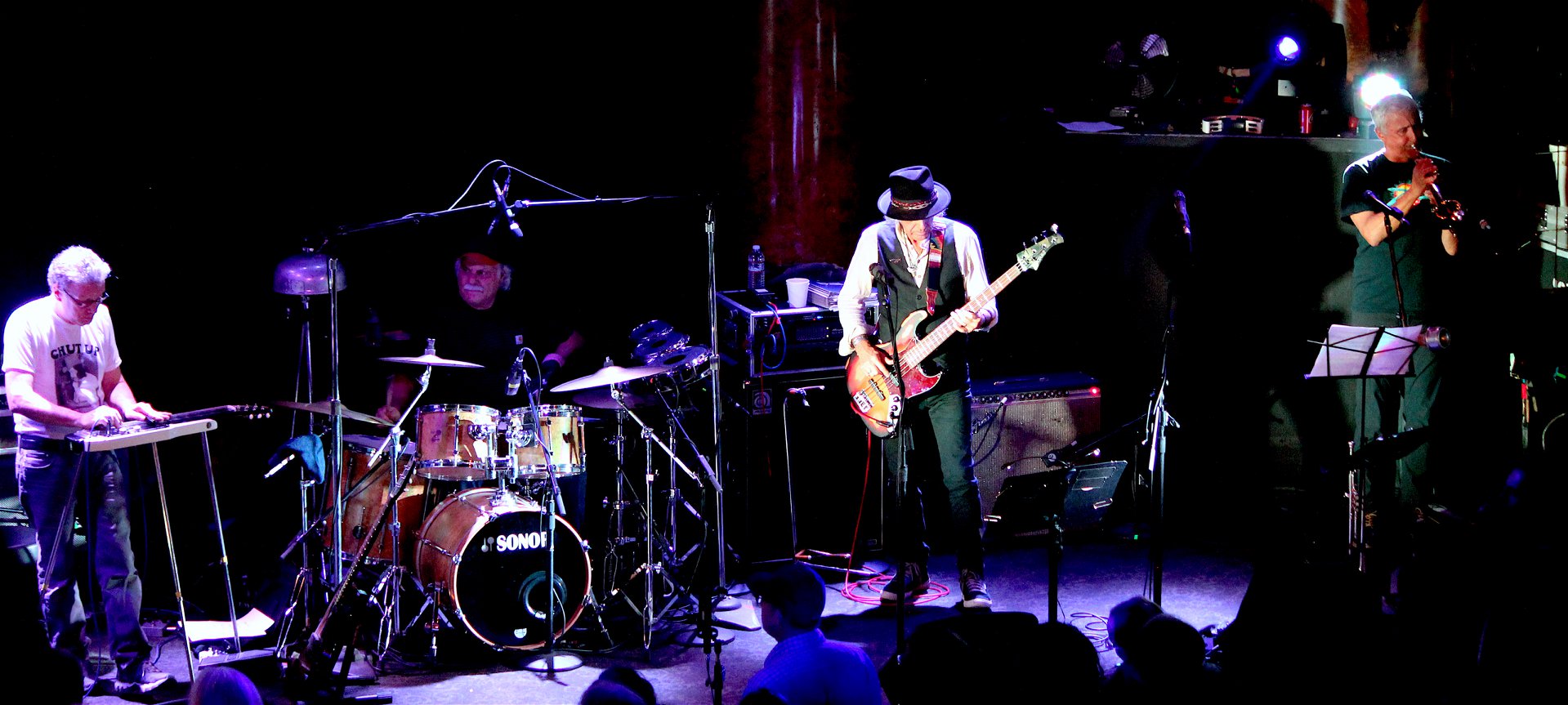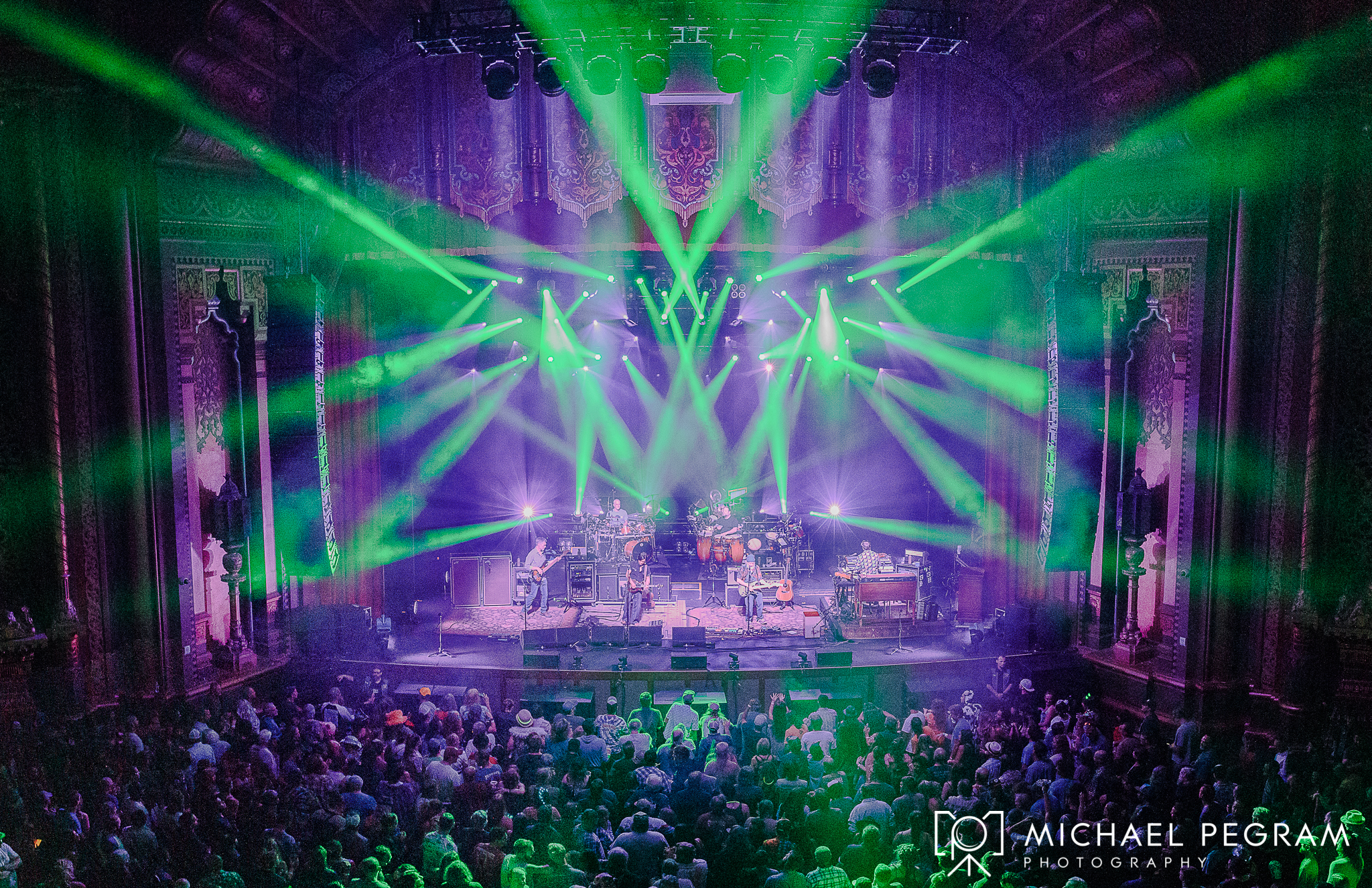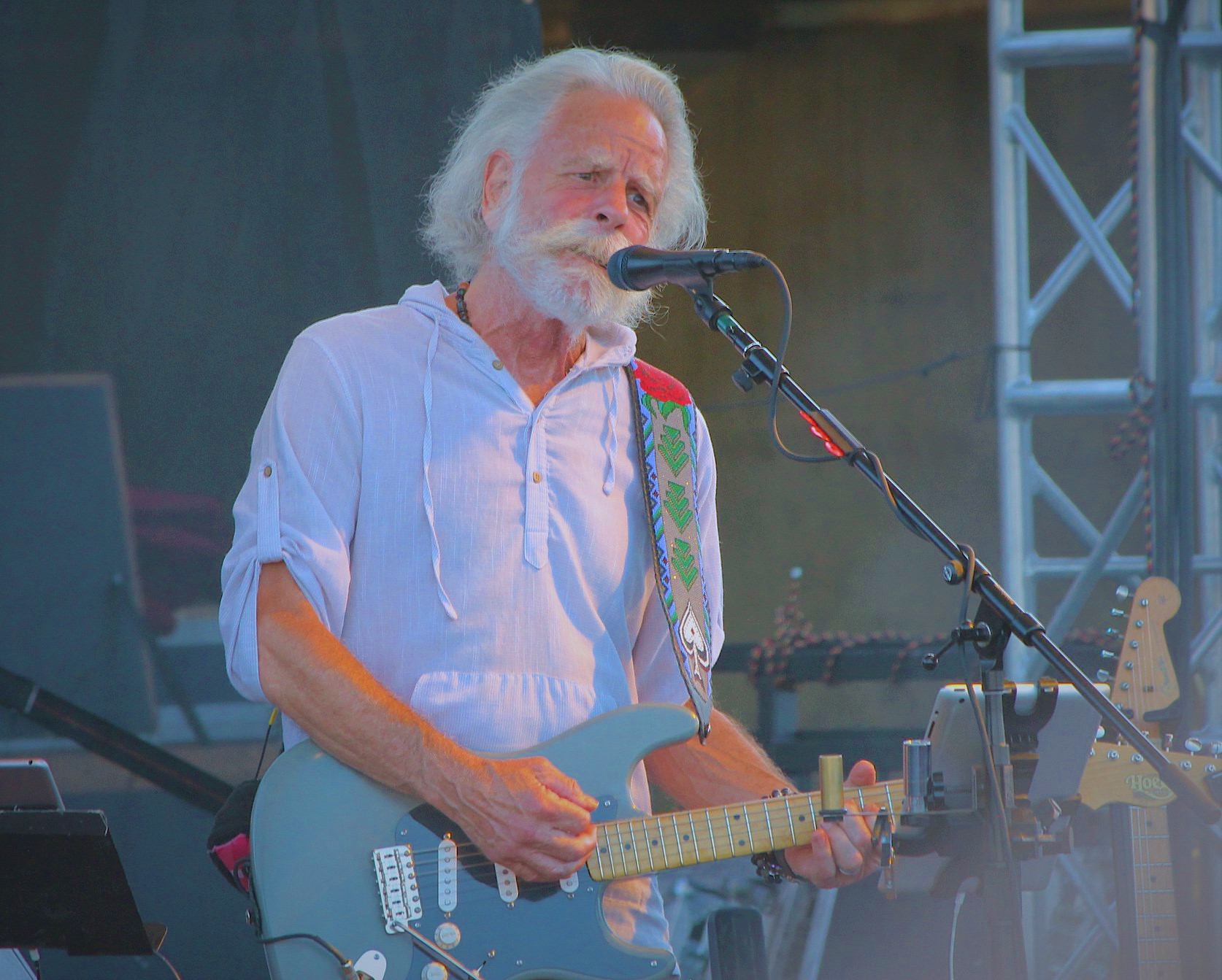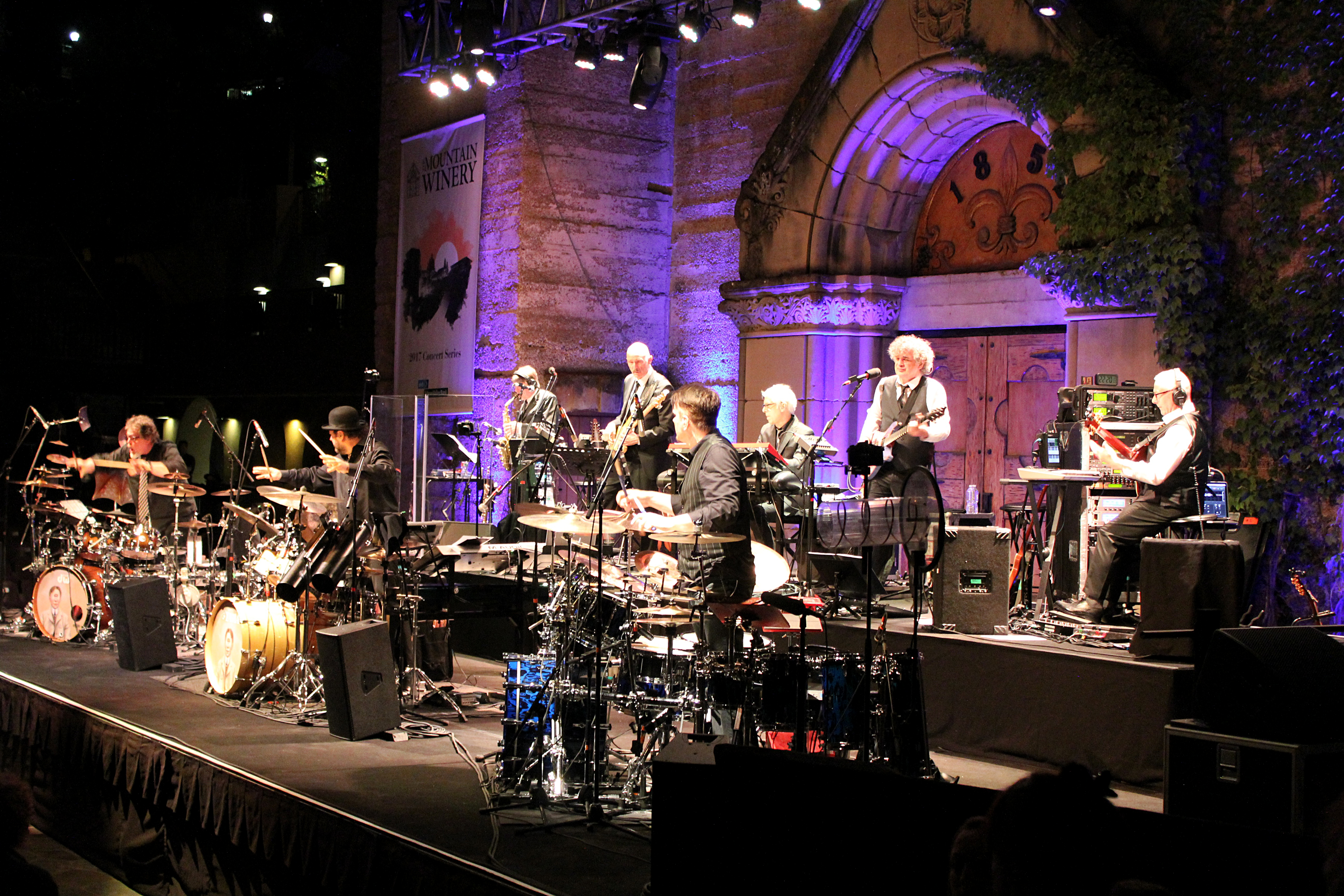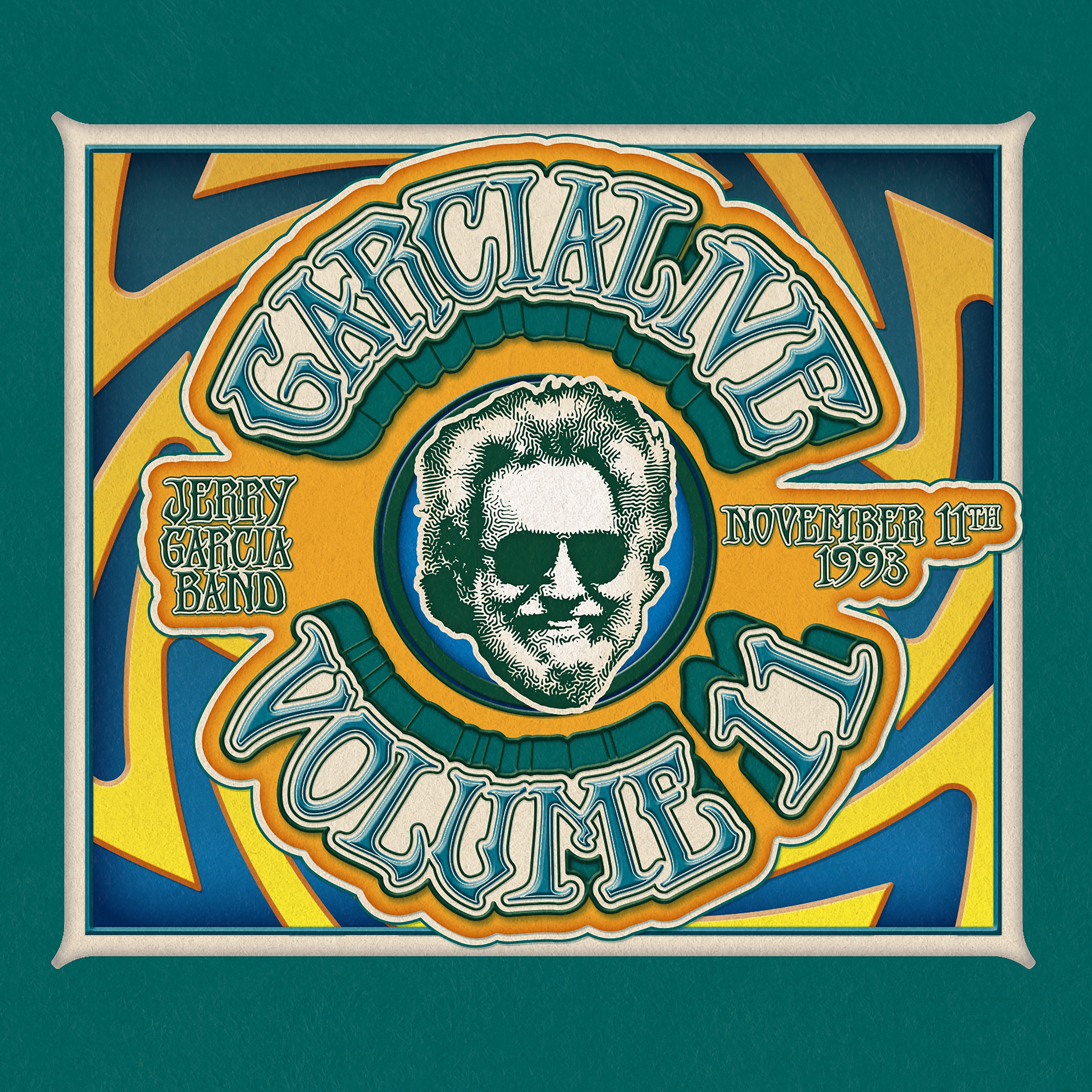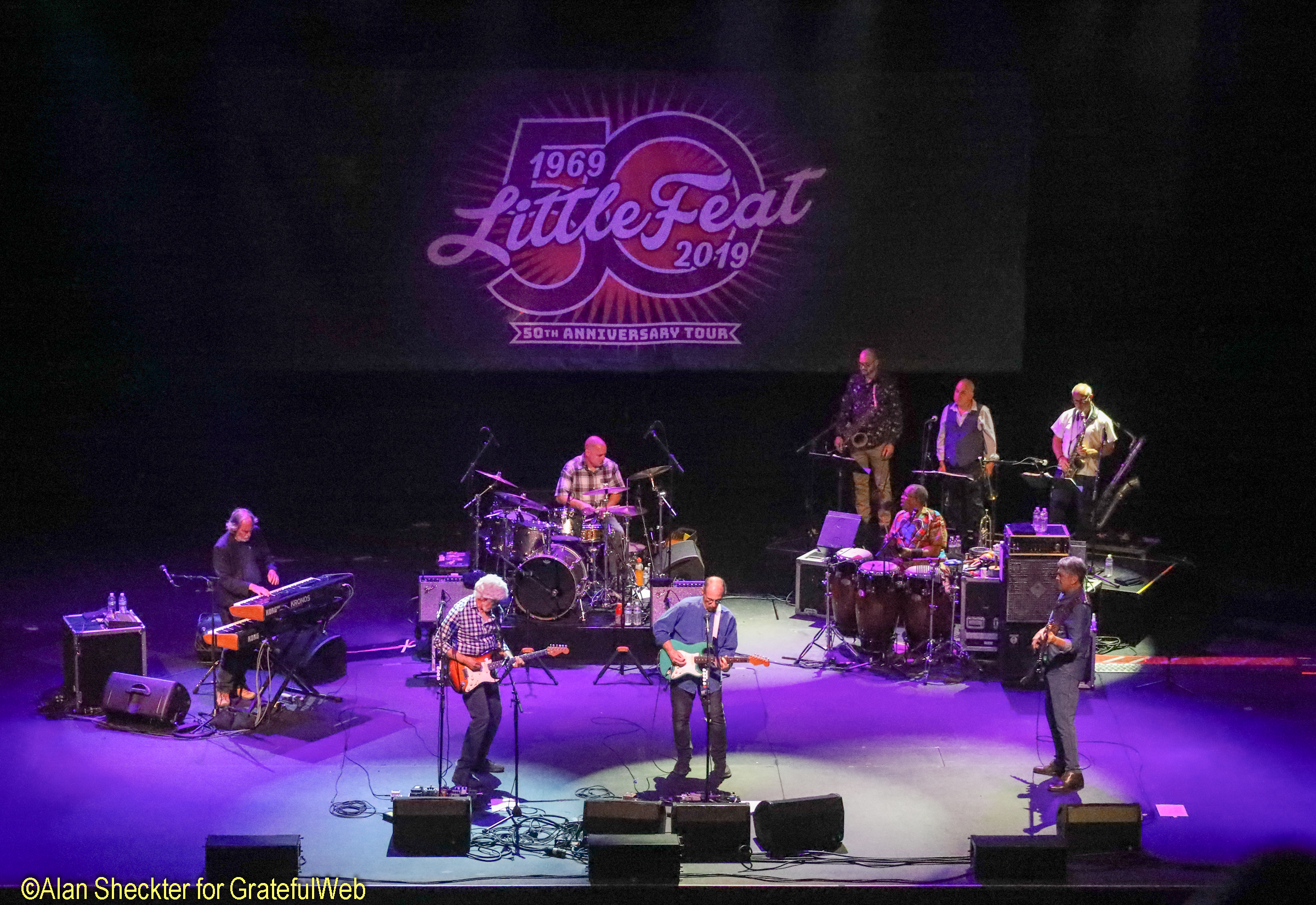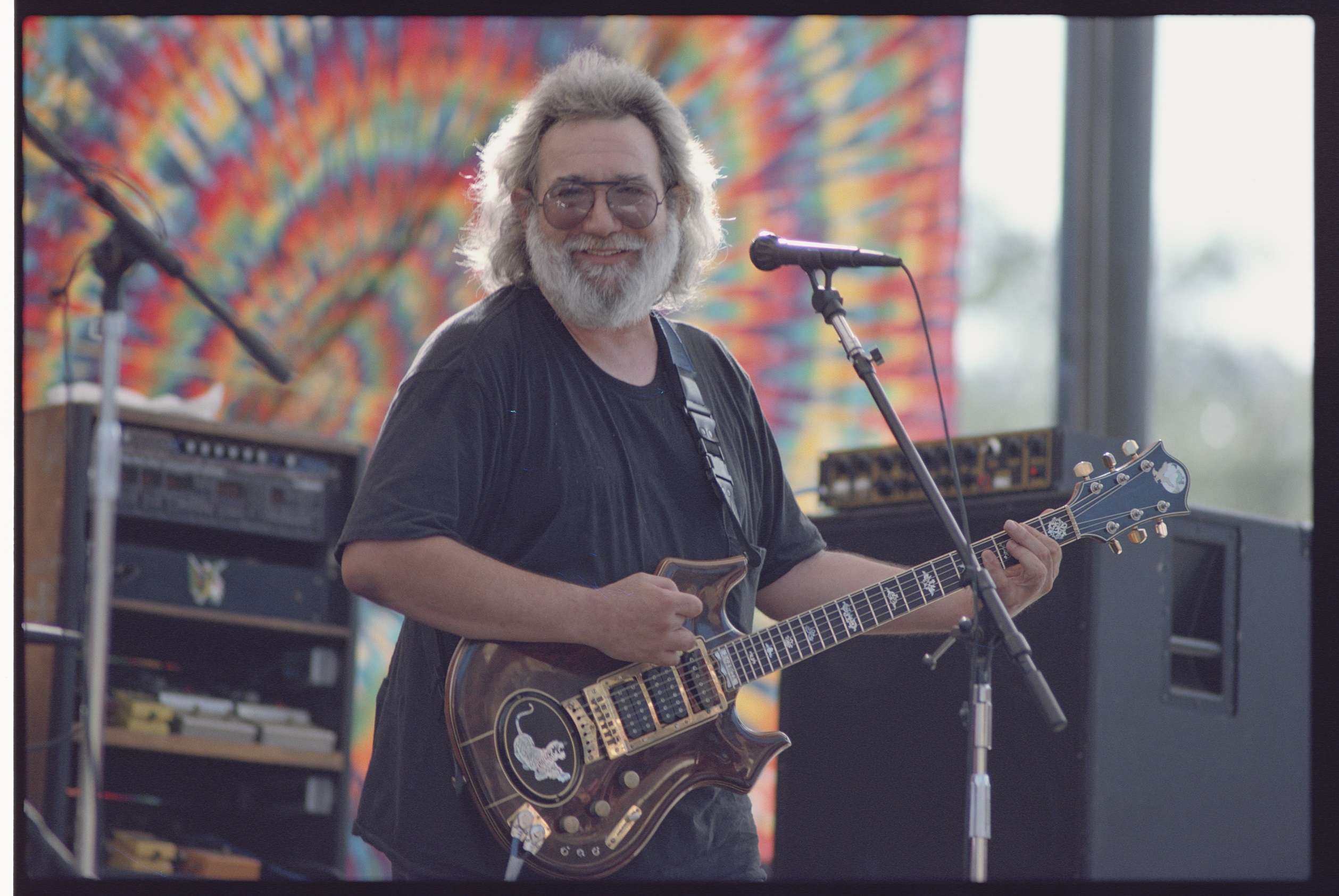It’s been forty years since the release of New Orleans pianist James Booker’s explosive live album, Blues and Ragtime From New Orleans. Once referred to by Dr. John as “the best black, gay, one-eyed junkie piano genius that New Orleans has ever produced,” Booker’s life was beyond fascinating and like many artists wasn’t fully realized until long after his death. A New Orleans native, Booker was born in 1939 and died at the tragically young age of forty-four. Still, New Orleans remembers him well and fondly. Booker remained sort of a cult-followed figure until three years ago when an ambitious aspiring filmmaker began to interview and compile the first legitimate documentary on him.
Since the film’s release in 2013 at South By Southwest festival, director Lily Keber has received praises from the critical community and most importantly exposed this under-the-radar legendary musician to the eyes and ears of the masses. While “Bayou Maharajah” has yet to be picked up by the tepid, “play-it-safe” American film industry, it’s following continues to grow along with Booker’s. Recently, Grateful Web’s Dylan Muhlberg sat down with Keber for a conversation about the film, the one-and-only city of New Orleans, Booker’s legendary performance antics, eccentricities, and much more.
 GW: What had you done previous to Bayou Maharajah?
GW: What had you done previous to Bayou Maharajah?
LK: Bayou Maharajah was my first film. I completed it in 2013. Before that I had done shorts and journalism. Most of what I had done was with community media and teaching people to make their own media. I wanted to be a filmmaker. When I heard James Booker’s music I knew I wanted to make a film about him. That was how it started. I filmed my first interview in 2010 and then it premiered at South By Southwest Festival in 2013. It took two years to raise the money to clear the music.
GW: Booker is an under-acknowledged piece of New Orleans musical history. How did you discover Booker and his music?
LK: When I moved to New Orleans in 2006, I had heard of some of the big names, but I had never heard of Booker or his music. I heard him at bars, I heard him on jukeboxes, people talked about him. That was my exposure. Not only the music itself but also the stories people would tell about him. Booker is still very present in people’s memory in New Orleans. When people talk about him it certainly doesn’t feel like thirty years since he passed.
GW: I love how your film almost builds the myth first, before exposing his shear music genius and chops. Let’s talk about myth vs. fact regarding Booker. You layer this whole game of telephone between the interviewees and the stories within the documentary. Did you discover thru the filmmaking process the mythological qualities of Booker?
LK: Booker is a mystery and that was something we wanted to maintain in both the editing and the structure of the film. There’s things that can’t be answered. There are things you might not want to know. With Booker the myths are as powerful as the man. I had never come across anybody in my life where it was more difficult to distinguish the two. The myth and the man were so intertwined, mainly because Booker did such a good job of mythologizing himself [Laughs]. Even some of the people who heard it from his mouth, the fact that there are so many different takes on these stories is fascinating. Like the plethora of varying stories about how he lost his eye. I’m less interested in knowing whatever the truth might be. You have to let Booker’s story unfold according to it’s own rhythm and logic.
GW: It almost seemed like the structure of Bayou Maharajah mirrored Booker’s triumphs and then fell apart narratively toward the end for the sake of displaying his musical power. Did you have a vision of how you were going to structure the film?
LK: Booker needs to be taken on his own terms. “Booker logic” was what we called it in the editing room. Booker makes sense according to that. Some might misunderstand his lyrics as the ramblings of a crazy man. His lyrics were very personal and if you approach his lyrics while understanding his background they begin to make perfect sense. So that was the approach that I took when it came to structuring the film. What are the things you need to know about Booker as a person before you begin to deconstruct his music? Harry Connick Jr. broke down his playing style early on in the film but then it takes another hour until you can really start to get where [Booker’s] at as a person. You have to go on that emotional journey with him to be able to sit with it.
GW: Booker is notable because of his lifestyle. Here’s this totally eccentric, brilliant and virtuosic musician who was openly gay and promoted counter-culture lifestyle. Do you think that those aspects might have hindered his mainstream success?
LK: Yes. For the fifties and sixties, he was quite open about his lifestyle, especially being a black man in the South. There was nothing about James Booker that was ready for prime time. His performances were very erratic. He wasn’t just going to show up and play, he had to be in the right mindset to be able to deliver. From an artist’s standpoint, he wanted to make music representing what he felt in the moment. He didn’t want to “Uncle Tom” it, which is commendable. It certainly didn’t do him any favors as far as getting booked again or getting more gigs. So instead of “higher society galas” he ended up playing The Maple Leaf (in New Orleans), which paid you half in beer. He wasn’t one to put on a show just because they were paying him.
GW: New Orleans is one of the few cities in the United States that has preserved an autonomous culture. Booker also had quite a bit of success in Europe in the late 1970s. He certainly wasn’t the only American Jazz musician that had a renaissance of appreciation from European audiences. Why do you think European audiences embraced him this way?
LK: It’s a good question, and one I’ve asked myself a lot. Europeans seem acknowledge that jazz as a very distinctly American art form. Consider how Americans embrace European gypsy-swing music with that same cross-cultural fascination. It’s foreign and exciting. Maybe it’s just that we hear it in the background. For whatever reason Europeans appreciated the artistry, the innovation, and the technique of jazz that Americans don’t as often anymore.
GW: He rejected mainstream success in a way. Here’s this immeasurable talent and personality who didn’t want to gig in New York.
LK: [Laughs] I loved that about Booker. He was New Orleans all the way. I think he was happy where he was.
GW: His struggle with addiction plagued him but it also became embedded in the theatrics of his performances. Could you elaborate on this?
LK: It’s complex. There’s no one answer. He certainly wasn’t a junkie for most of his life, as he would clean up until the rigors of the road or the need to self-medicate would bring him back to that lifestyle. Was it the chicken or the egg? For someone to ask of he needed a chemical substance to produce art would just be simplifying the matter. In the sixties and seventies, the discussion of mental health was less pertinent, again especially for a black man in the South.
GW: Did Bayou Maharajah do well in the film festival circuit? How did the critical community receive it?
LK: It was loved by New Orleanais, by musicians, and by many festivals; we sold out screenings wherever we went but it hasn’t been picked up for broadcast, probably because Booker isn’t and wasn’t ready for prime time.
Another thing to consider is that regardless of any critic’s perception of Booker or the film, he had all of these brushes with big names. But I didn’t want the film’s marketing to rely on the weight of those collaborators. He played with Jerry Garcia, Dr. John, and many others that perhaps might have brought a larger audience to screenings when it first came out. Mostly I wanted the film to be centered on Booker and New Orleans. I couldn’t have made the film without living in New Orleans first. It’s a town where your average person could appreciate the creative endeavor. Everyone in New Orleans has a passion: Food, Mardi Gras, hosting neighbors. Mine was film and my first was about a treasured New Orleans musician.
Bayou Maharajah continues to build momentum from audiences that have discovered Booker and his genius over the past three years. Head over to bayoumaharajah.com to read more about the film, the filmmaker, the subject, and where to download your copy of the film. Thanks to Lily Keber for exposing this one of a kind musician and human to the wider musical community. He was the epitome of the freedom that the city of New Orleans grants its artist inhabitants.






